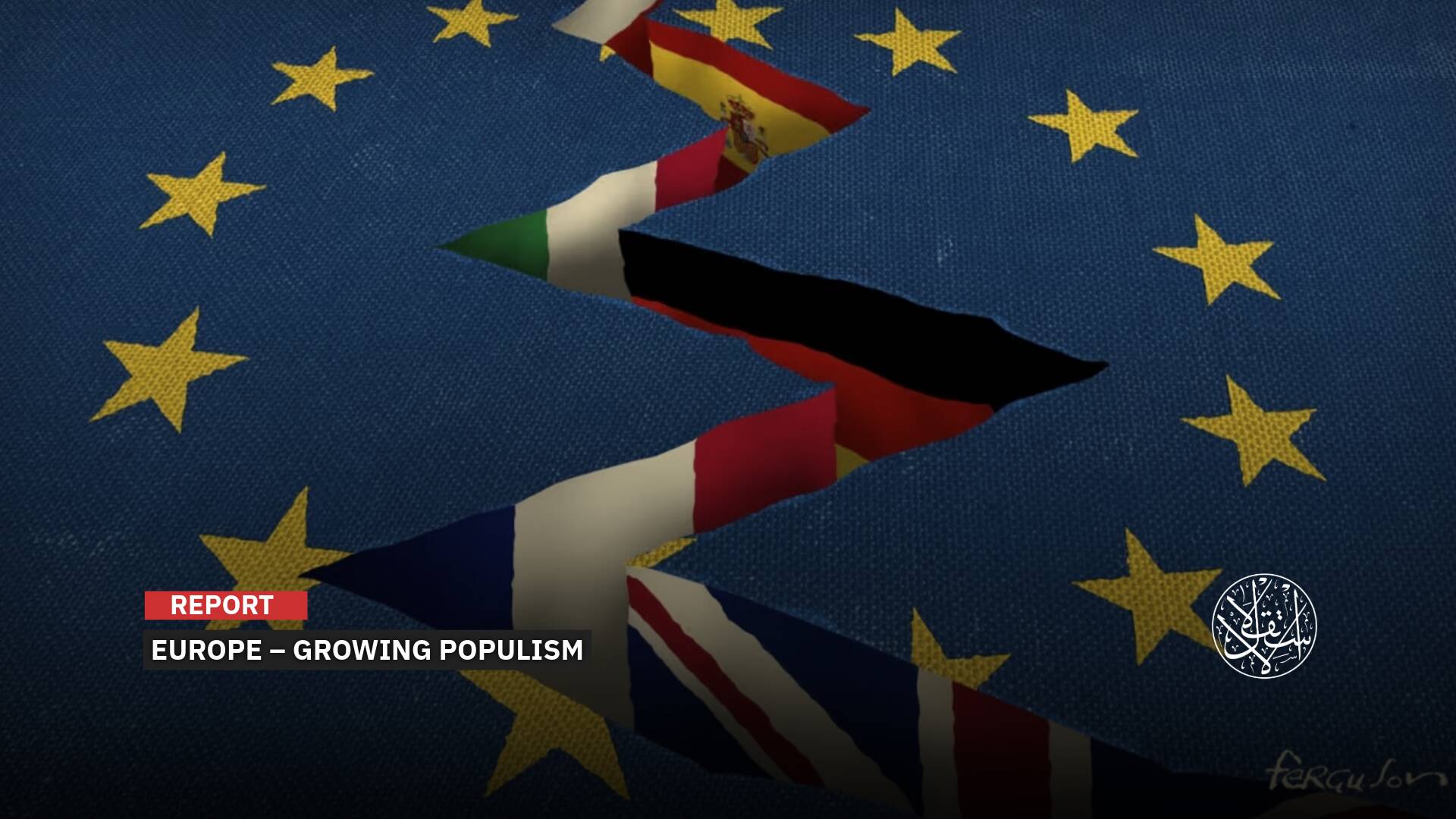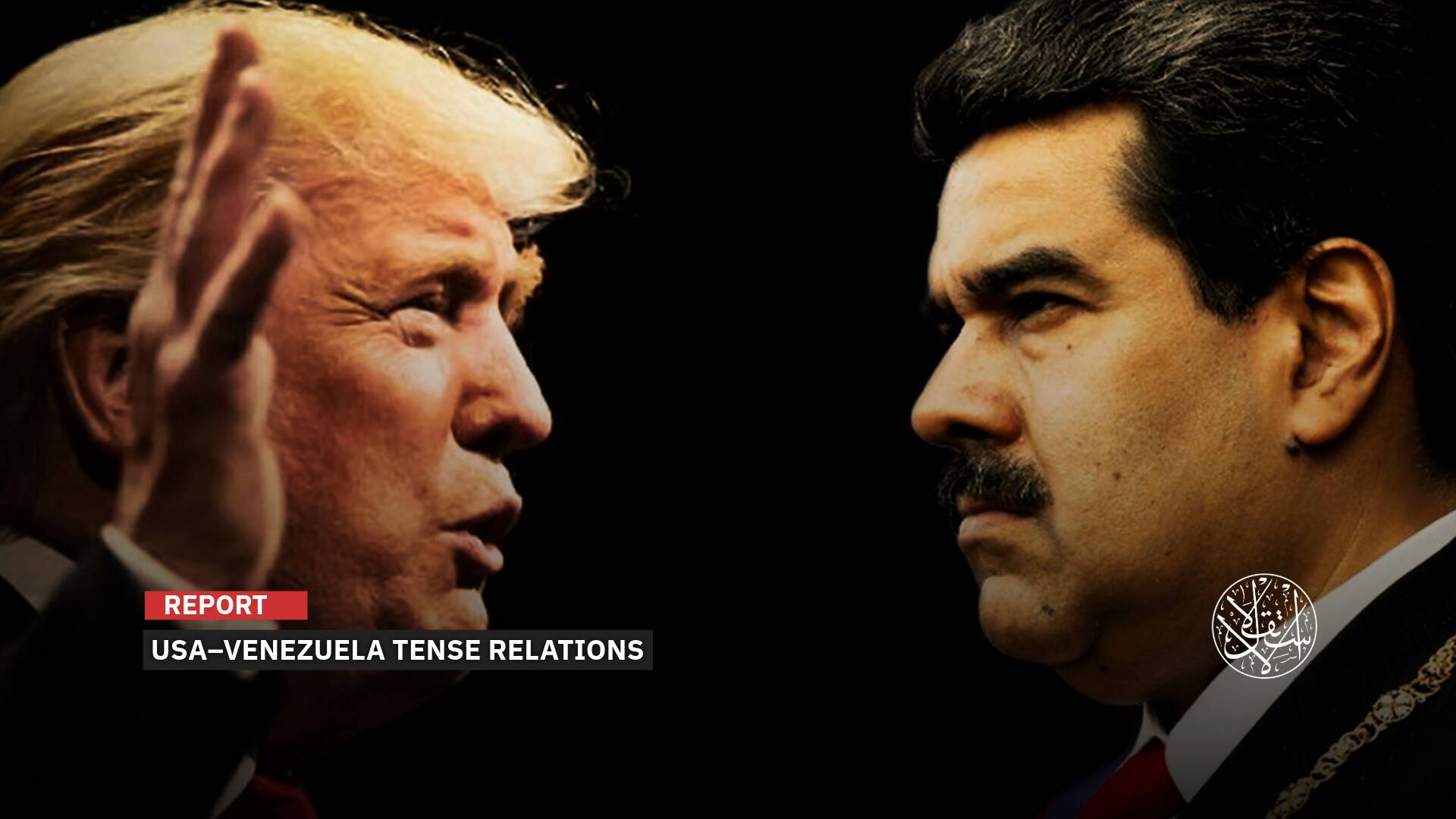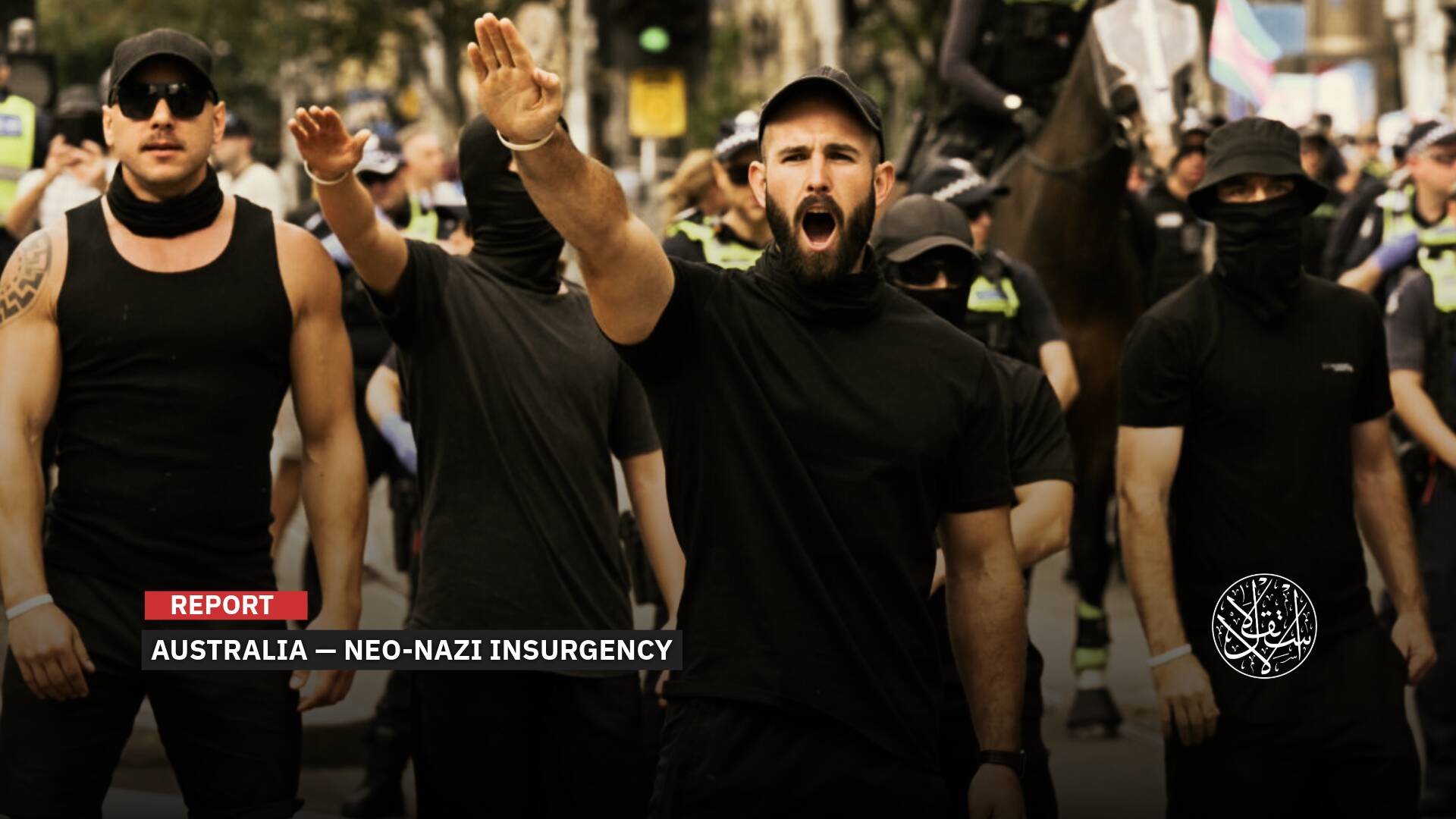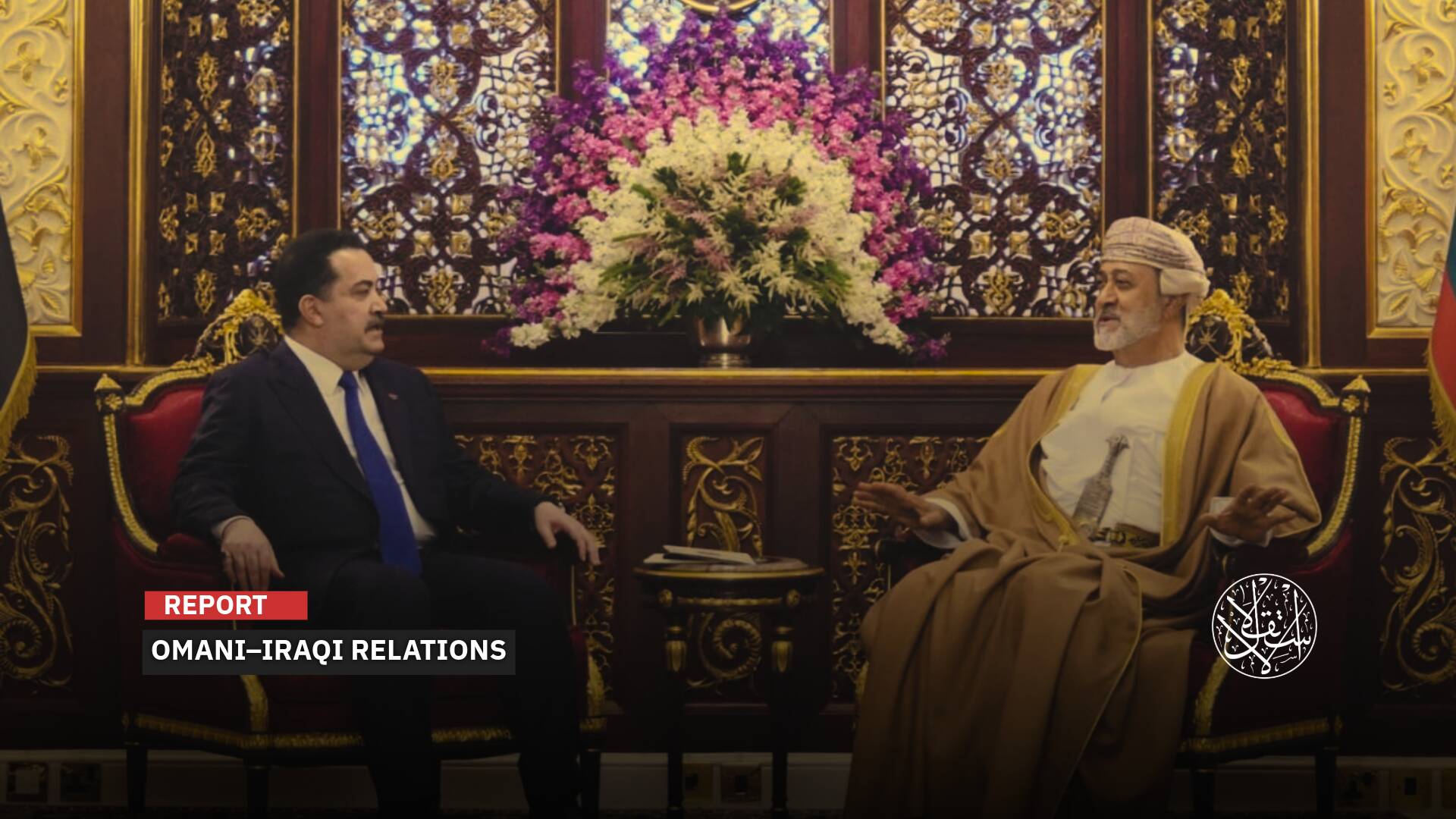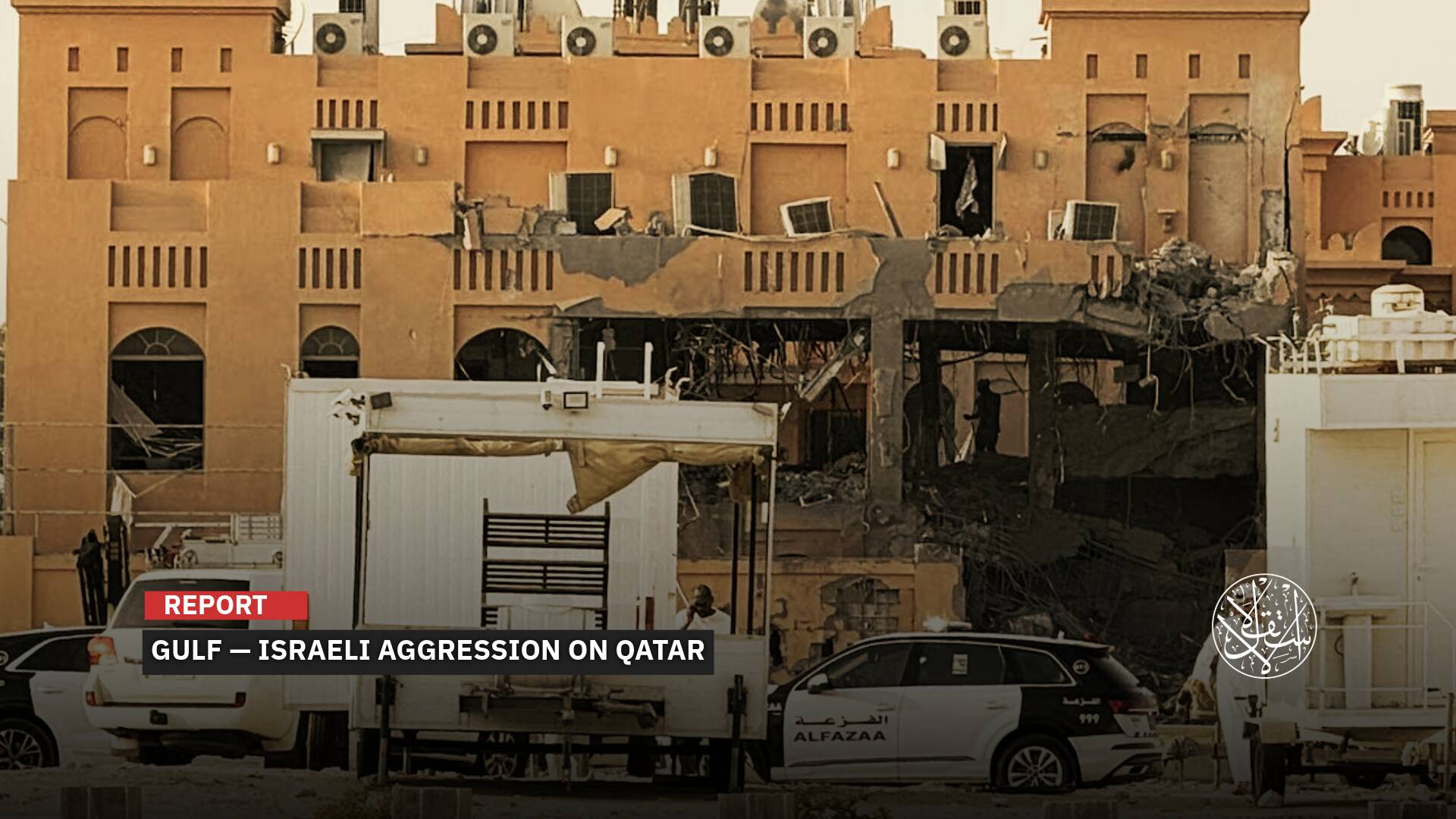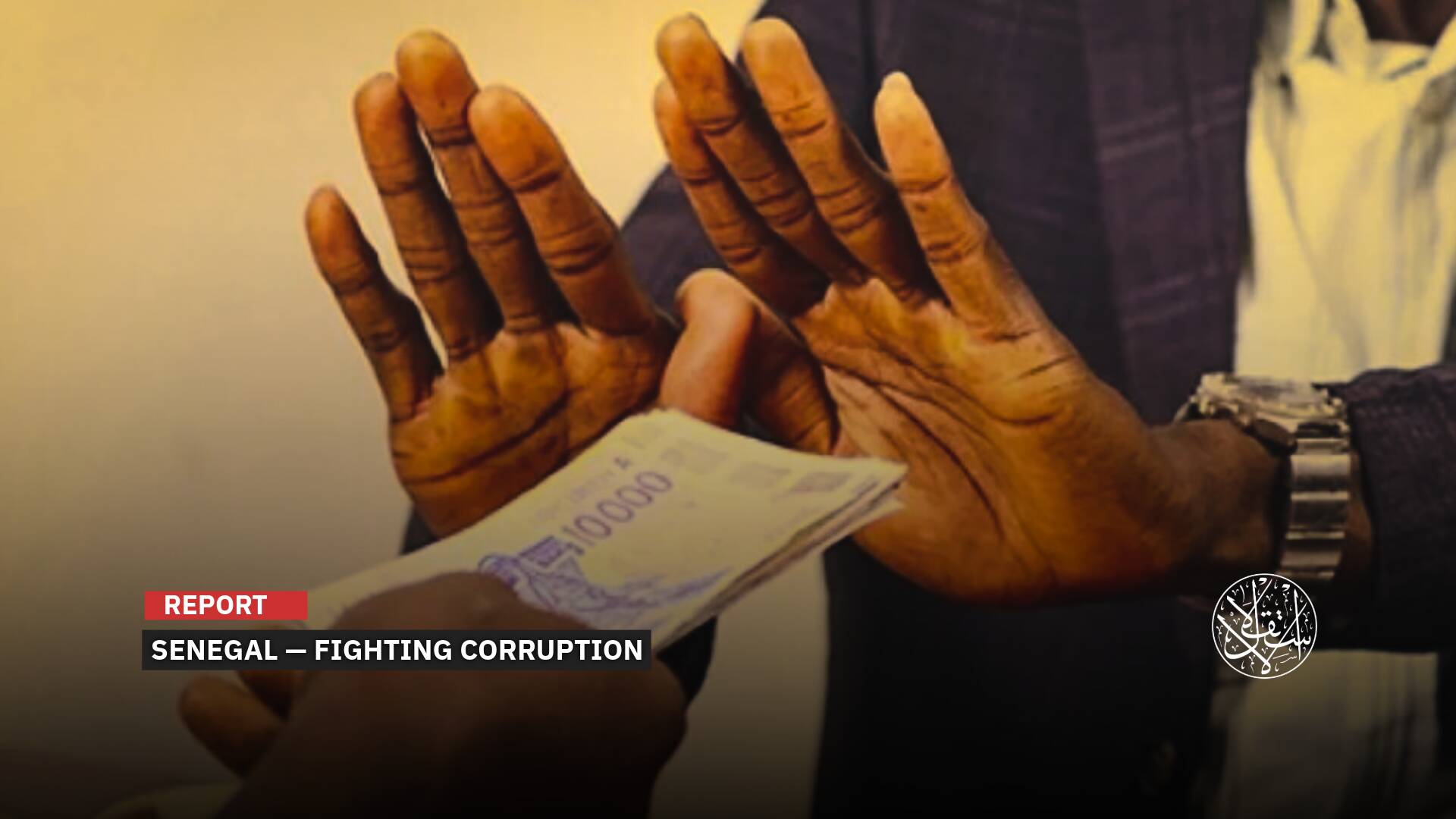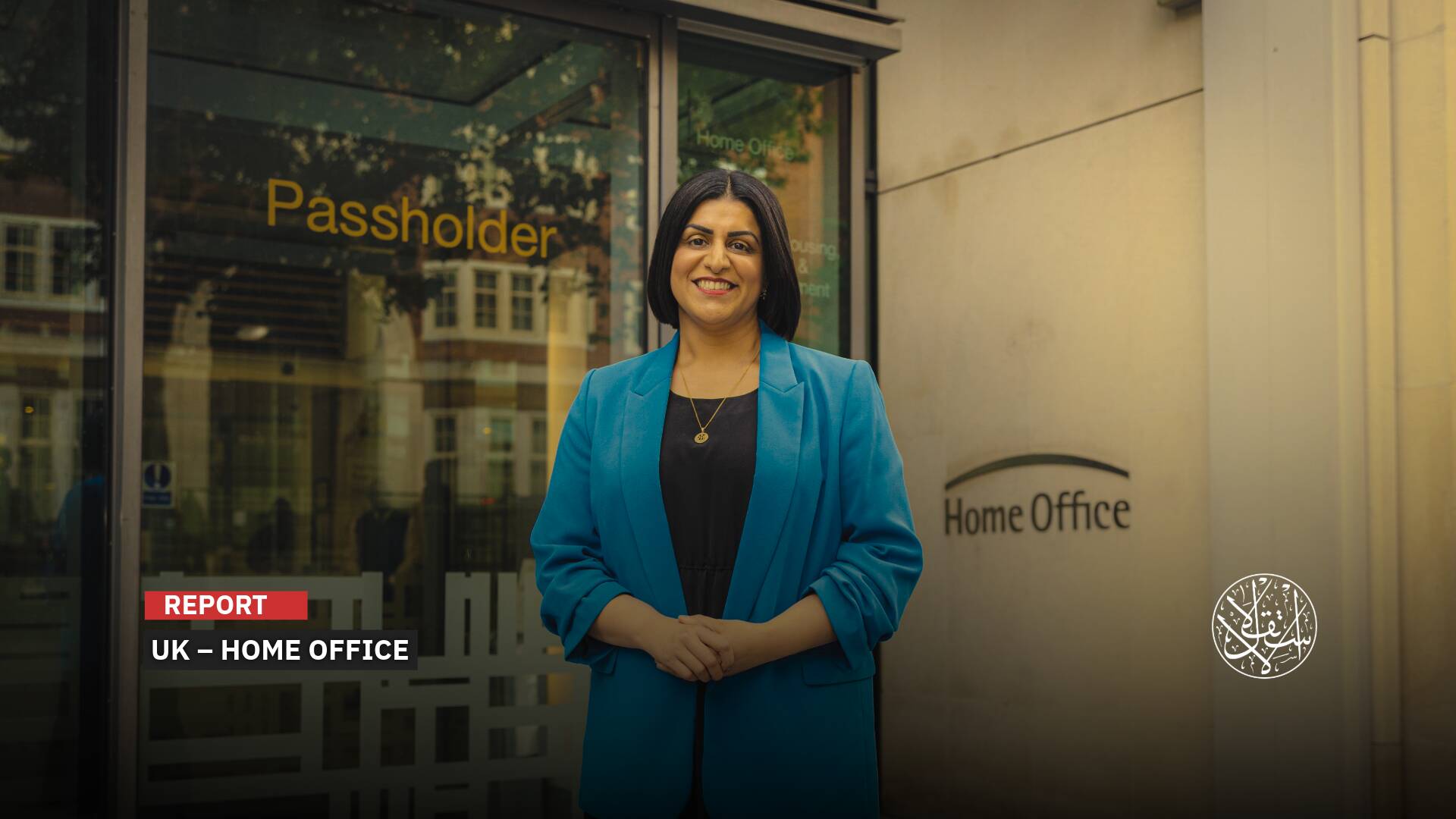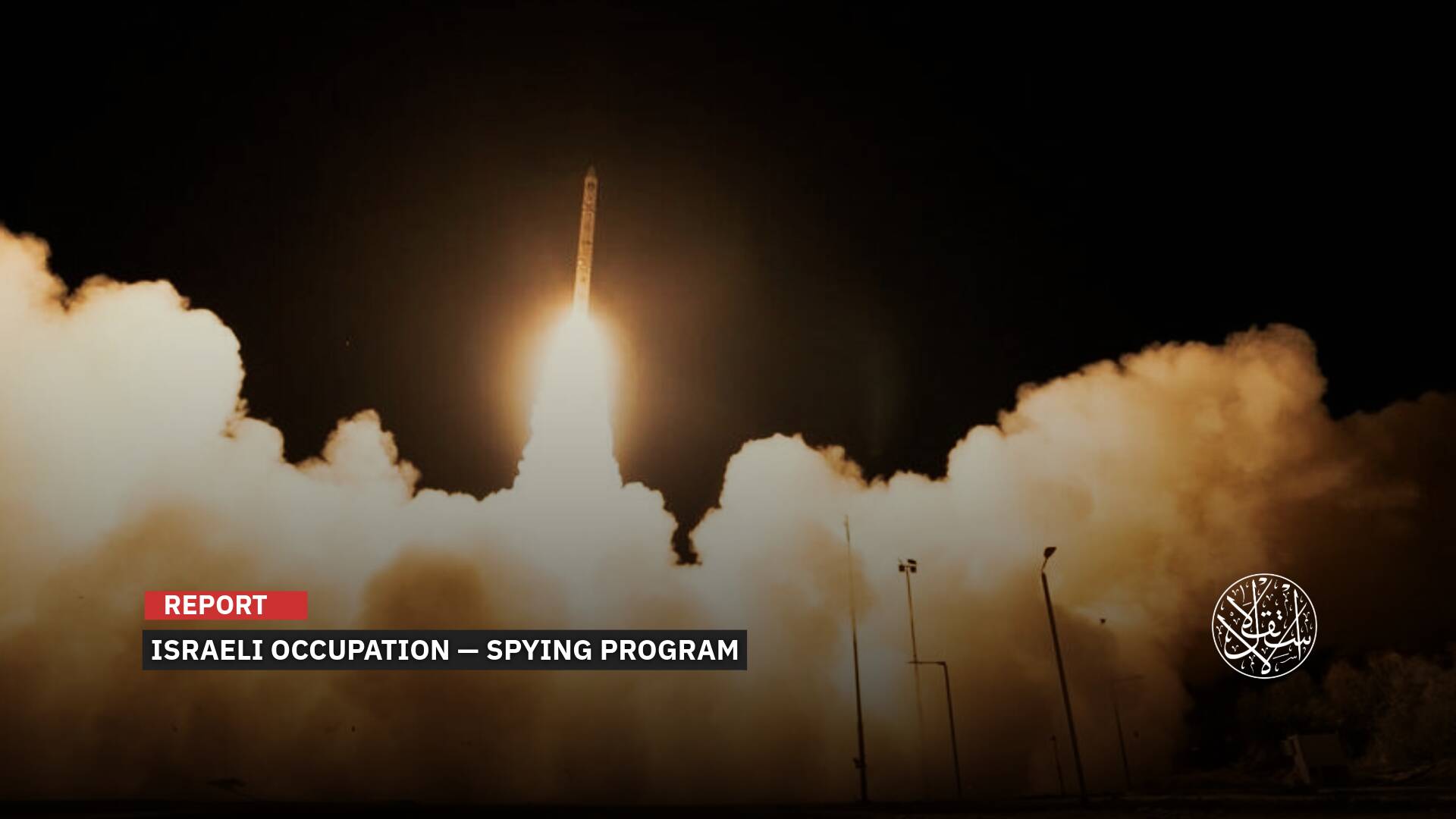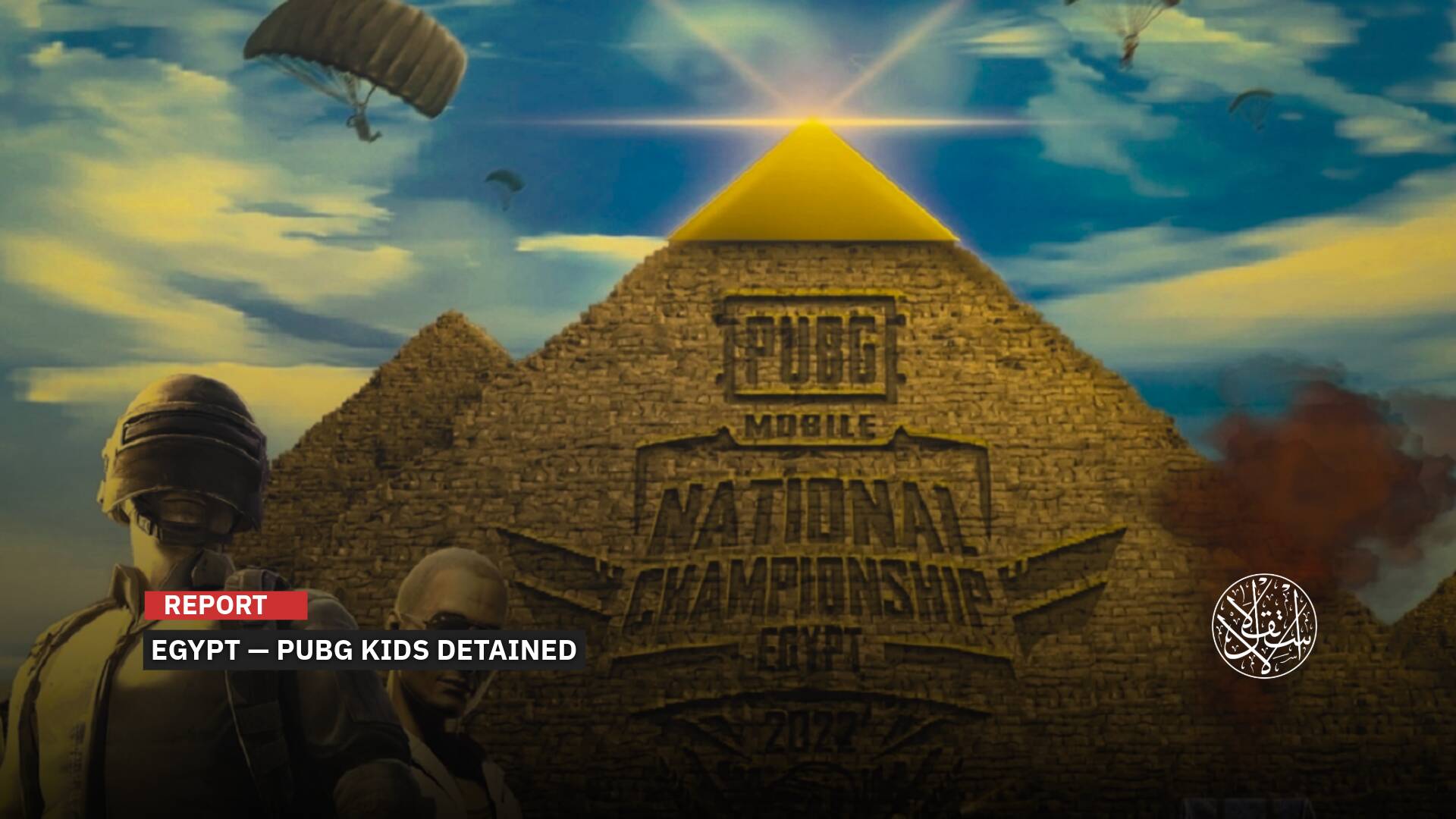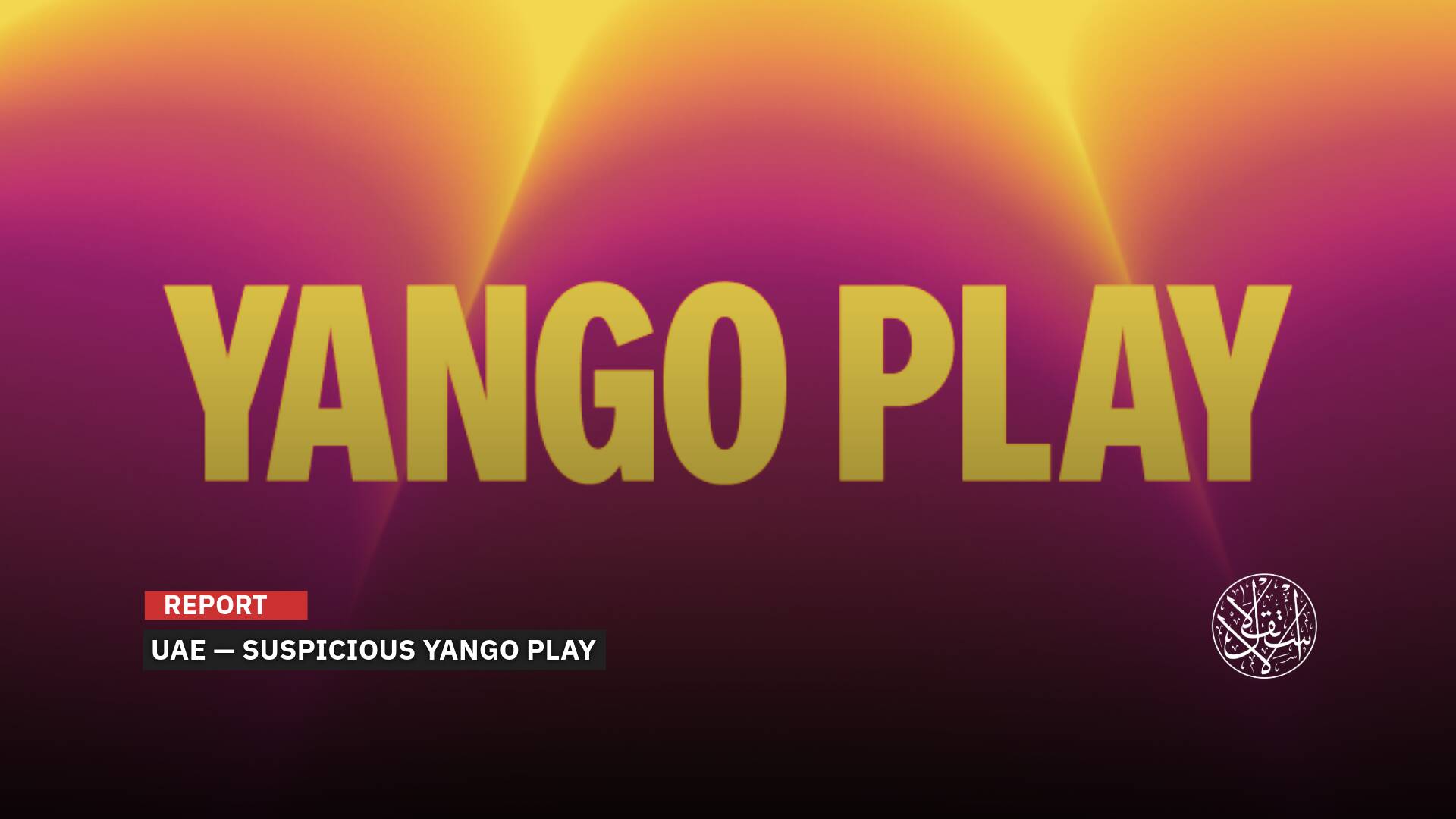Morocco Strengthens Military Cooperation with Mali—Is There an Algerian Mediation Link?

Mali-Algeria relations are experiencing unprecedented tension.
The first meeting of the Mali-Morocco Joint Military Committee has set the stage for deeper defense cooperation, drawing attention to both its strategic significance and geopolitical ramifications.
Held on February 17, 2025, the meeting followed the Malian Ministry of Defense’s reception of a delegation from the Moroccan Armed Forces, led by Major General Abdelghani Mouhib, and lasted for three days.
Discussions took place in the presence of General Mahamadou Massaoule Samake, strategic advisor to the Malian army’s general staff. The participants explored ways to strengthen bilateral cooperation in various areas, including training and equipment.
Major General Mouhib expressed gratitude to the leadership of both countries for their commitment to enhancing military partnership, emphasizing the longstanding cooperation between Morocco and Mali in multiple fields. He also reaffirmed Rabat’s commitment to supporting Sahel countries in addressing regional challenges.
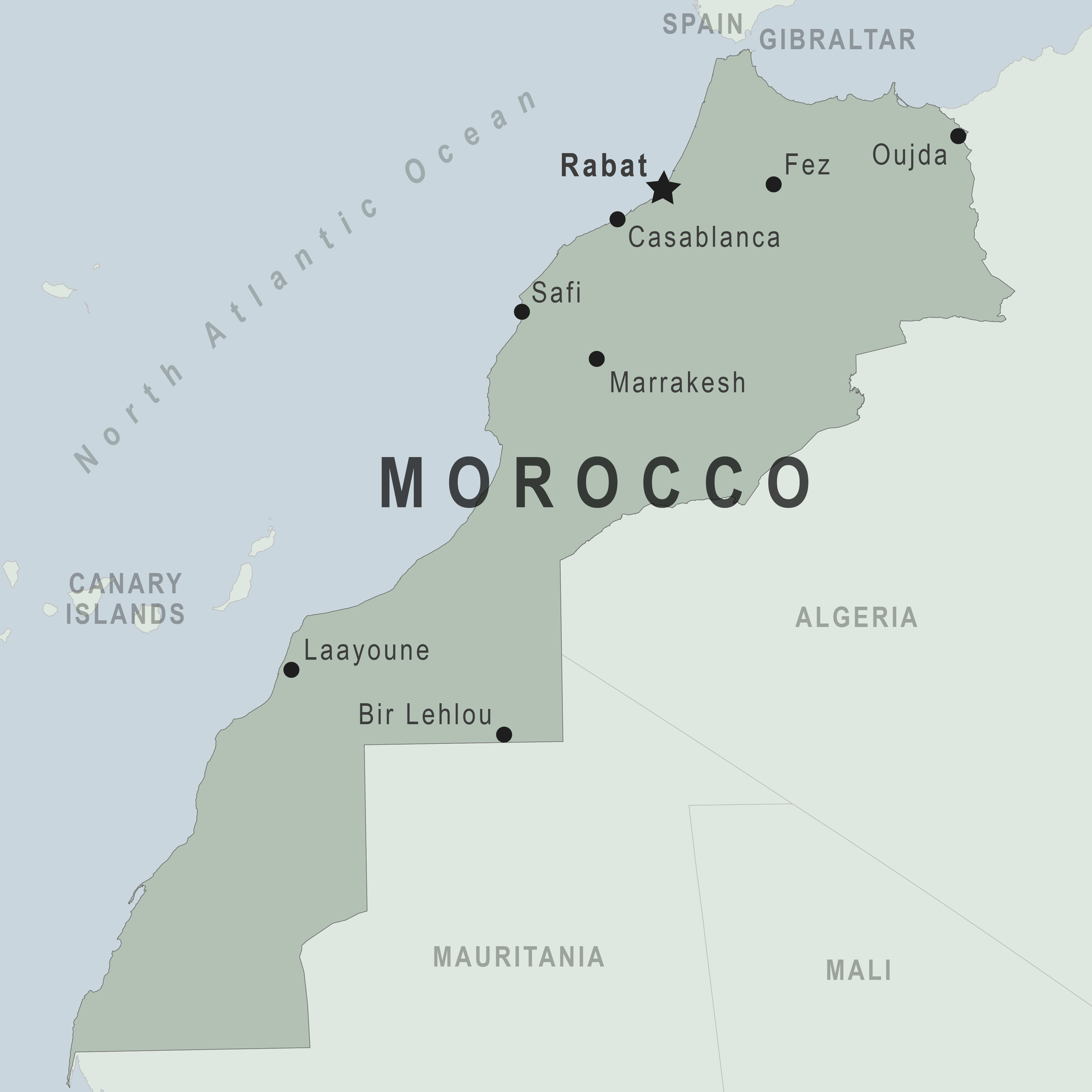
Mutual Interests
Commenting on the visit, Moroccan strategic affairs researcher Hicham Mouatadid said strengthening military cooperation between Morocco and Mali at this time reflects a deep strategic vision of their shared interests, particularly amid rising security challenges in the Sahel region.
“Bamako’s decision to host the first Mali-Morocco Joint Military Committee meeting signals a bold move to expand its defense alliances, seeking new partners as regional and international tensions mount,” he told Al-Estiklal.
“This rapprochement aligns with Mali’s efforts to reposition itself regionally, given Morocco’s strong diplomatic ties with major powers and the African Union.
This, Mouatadid explained, makes Rabat a reliable partner capable of offering unconditional support to help Bamako overcome its isolation and develop its defense system.
The researcher also emphasized that the cooperation extends beyond security matters, carrying significant diplomatic dimensions as well. It provides Mali with an indirect communication channel with the international community through Morocco.
“Deepening military ties with Mali fits within Morocco’s broader strategy to enhance its influence in the Sahel, a region that forms a natural extension of its geopolitical sphere.”
According to Mouatadid, this growing partnership strengthens Morocco’s role as a credible strategic alternative for regional players seeking balanced military alliances beyond the unilateral influence of major powers.
By solidifying these ties, Morocco could reshape military cooperation dynamics in West Africa in a way that aligns with its long-term interests.
He also pointed out Morocco’s extensive experience in counterterrorism and its potential role in bolstering the Malian army’s capabilities through training programs and intelligence-sharing.
This, he argued, could play a crucial role in fostering regional stability, especially as armed groups become increasingly active in the Sahel.
In this context, the researcher suggested that the military partnership is not solely aimed at strengthening Mali’s defense capabilities but also at fortifying the region against mounting security threats.
“This cooperation reinforces Morocco’s policy of forging strong African partnerships that go beyond economic ties to encompass security and defense. Given the current situation in Mali, this deepening relationship grants Rabat greater leverage in managing security issues across the continent, further solidifying its status as a key regional power,” he concluded.

Security Threats
Abdul Rahman Mekkaoui, Moroccan expert in Military, security, and strategic affairs, said the first meeting of the joint military committee between Morocco and Mali, along with the visit of the Moroccan military delegation led by Major General Abdelghani Mouhib to Mali, comes amid growing insecurity and threats facing the Malian state.
Mekkaoui also pointed to the threats posed by armed groups active in the region, including Jama’at Nusrat al-Islam wal-Muslimin, which has ties to Algeria, and the Messina Battalion, active across the Sahel.
Speaking to Hespress on February 19, he emphasized that these challenges compel Malian authorities to strengthen military cooperation with influential and security-capable states like Morocco.
Given the complex security situation, the Malian armed forces require specialized training, particularly for their commando units, and could greatly benefit from the Moroccan army’s expertise in this area.
Moroccan-Malian military cooperation is a key factor in Bamako’s efforts to restore security and counter the growing threats posed by well-armed militant groups.
At the same time, the military expert noted that Morocco is also affected by these threats, which are fueled by regional actors seeking to undermine its Atlantic Initiative for the Sahel.
On November 6, 2023, Morocco announced an initiative to help Sahel countries, particularly Mali, Chad, Niger, and Burkina Faso, gain access to the Atlantic Ocean.
With this initiative, Morocco aims to expand its role in the Sahel and Sahara, especially after its bid to join the Economic Community of West African States (ECOWAS) stalled. The kingdom has sought to leverage the gradual disintegration of ECOWAS—following the withdrawal of Burkina Faso, Niger, and Mali—to establish an alternative regional bloc encompassing 85 million people.
Mekkaoui stressed that military cooperation between Morocco and Mali is now a strategic necessity to end instability in the volatile Sahel and open pathways for investment and development.
Morocco’s engagement in military ties with Mali, he added, reflects Rabat’s commitment to the country’s security and stability.
Beyond military training and restructuring, Mekkaoui noted that Morocco is also willing to mediate the Azawad issue. Many Tuareg tribes have Moroccan roots and maintain strong ties with the kingdom, which enjoys a special standing among them.
This, he argued, has unsettled certain countries, particularly Algeria, which has lost its leverage over the Azawad issue after Malian authorities sidelined it.
In January 2025, Mali condemned Algeria’s continued interference in its northern region, where Tuareg rebels remain active, accusing it of supporting armed groups destabilizing the country.
Mali’s foreign ministry had previously denounced Algeria’s proximity to and collusion with these groups, strongly rejecting what it called "a new intervention in Mali’s internal affairs."
According to al-Sahifa, Malian-Algerian relations have reached unprecedented levels of tension, with Bamako accusing Algiers of meddling in its domestic affairs.
In a February 18 article, the outlet noted that Mali is now turning to Rabat for military support and cooperation, aiming to bolster the new leadership’s ability to impose stability.
Observers believe Mali is counting on Moroccan support to train and equip its armed forces, particularly given Morocco’s extensive experience in military training and defense manufacturing. This makes Moroccan-Malian military cooperation a cornerstone of Bamako’s defense strategy.
The strengthening of these military ties coincides with a broader rapprochement between Rabat and Bamako, particularly following Mali’s new leadership’s push to consolidate power amid security challenges, especially in the north, where separatist groups backed by Algeria remain active.
Joint Defense Industry
Commenting on the meeting, Moroccan journalist Abderrazzaq Boussaid noted that Bamako and Rabat are laying the groundwork for a secure future, particularly with the impending establishment of a Malian military industry to bolster its armed forces.
Writing for le7tv on February 18, 2025, Boussaid criticized Algeria’s leadership for prioritizing hostility toward its neighbors over investments that could bring stability and hope to the region. He argued that Algiers has sought to discredit legitimate initiatives while ignoring the real needs of the Sahel’s population.
Boussaid stressed that Algeria should contribute to regional peace rather than fueling tensions.
He cited Mali’s growing cooperation with Morocco and other Sahel and West African nations in building a mutual defense and development framework.
Moroccan-Malian military collaboration, reinforced by the joint committee’s inaugural meeting, embodies modernization, transparency, and teamwork—essential to addressing security threats in the Sahel.
By contrast, he asserted, Algeria’s disinformation campaigns and unwillingness to reassess its policies highlight its decline and its failure to contribute to regional peace and development.
Meanwhile, Mamadou Nientao, a lecturer at the University of Legal and Political Sciences in Bamako and a professor at Mali’s War College, stated that the goal is to enhance the operational capabilities of Malian forces through technical and strategic knowledge exchange.
Speaking to TelQuel on February 20, 2025, Nintao dismissed the notion that Mali’s rapprochement with Morocco was a direct response to Algeria, although Algiers may perceive it as both a challenge and a threat.
Instead, he explained that Bamako seeks to diversify its strategic partnerships in response to ongoing security challenges.
Morocco’s involvement in training and equipping Malian forces reflects a commitment to a long-term partnership based on practical cooperation tailored to on-the-ground realities, according to Ninato.
Beyond Morocco’s policy of non-interference—which appeals to Bamako—this cooperation helps Mali expand its pool of security partners. Given Morocco’s recognized military expertise and its established African cooperation policies, its support serves as a vital asset for Malian forces.
Economic Strategy
Researcher Abderrafie Zaanoun previously noted that Morocco aims to address shared security challenges in the region, including Mali, by countering cross-border terrorist networks and irregular migration flows.
Writing for the Carnegie Middle East Center in October 2024, Zanoun said Morocco employs soft-power tools to expand its security influence in the region, such as training security forces, providing religious education programs for imams and preachers, and supporting Sufi brotherhoods, which play a key role in political and economic decision-making.
Morocco also prioritizes investment in agricultural development, food and pharmaceutical industries, and infrastructure.
Zanoun highlighted Morocco’s efforts to strengthen economic partnerships in the region, leveraging these ties as a gateway to broader African markets.
Between 2004 and 2024, Moroccan exports to Africa surged from $300 million to over $3 billion, while revenues from Moroccan companies operating across the continent exceeded $2.5 billion.
A significant portion of these investments is concentrated in the Sahel and Sahara, with Mali ranking as Morocco’s third-largest African investment destination.
“Morocco aims to solidify its leadership as the top investor in the region in critical sectors such as telecommunications, cement production, banking, and services. Additionally, it seeks to expand its investments into priority areas like renewable energy, mineral and natural gas exploration, and the modernization of infrastructure and logistics,” Zanoun concluded.
Sources
- Morocco’s Atlantic Initiative and Potential Challenges to Regional Leadership
- Threats in the African Sahel Strengthen Military Cooperation between Morocco and Mali [Arabic]
- Mali-Morocco: strengthened military cooperation [French]
- A Moroccan military delegation arrives in Bamako [Arabic]
- Morocco and Mali Seal Comprehensive Military Cooperation Through a Joint Military Commission [French]
- Defense: Amid Tensions with Algeria, Mali Strengthens Ties with Morocc [French]


